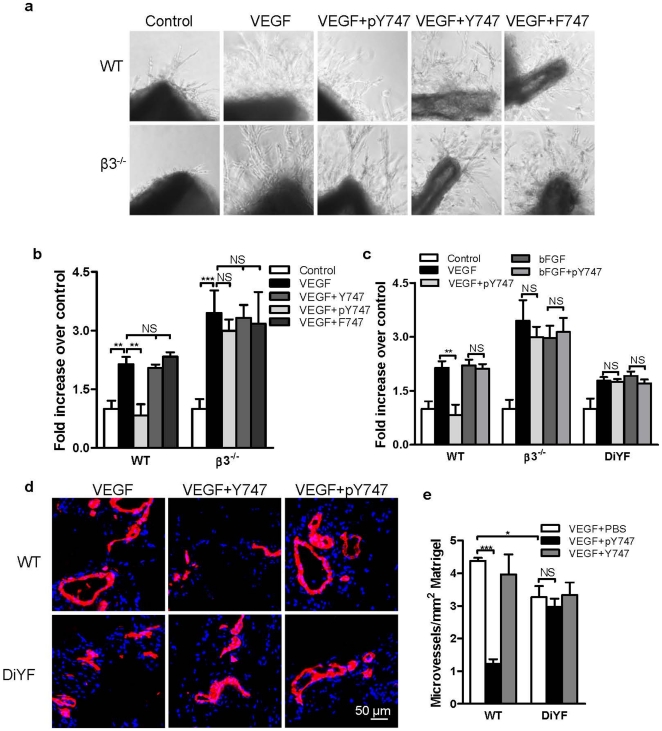Figure 4. The pY747 peptide has no effect on β3−/− or DiYF mice.
a) pY747 peptide does not inhibit VEGF-induced aortic ring growth from β3−/− mice. Mouse aortic rings were embedded in matrigel in the presence of 40 ng/mL of VEGF and 40 µM of peptides as indicated. b) Quantification of aortic ring assay as indicated in Fig. 4a. c) pY747 could not inhibit bFGF-induced aortic ring growth, Mouse aortic rings were isolated from wild type (WT), β3−/−, and DiYF mice and embedded in matrigel in the presence of 40 ng/mL of VEGF, 20 ng/mL of bFGF or pY747 peptides as indicated. Aortic rings were incubated for 3 days for wild type and β3−/− aortic rings and 4 days for DiYF aortic rings (longer incubation was used to obtain visible aortic sprouting which is diminished in these mice). d) pY747 peptide does not inhibit angiogenesis in DiYF mice. Peptides' effect on in vivo angiogenesis in wild type mice and DiYF mice was tested as described. e) Quantification of blood vessels in matrigel plus assay as indicated.

